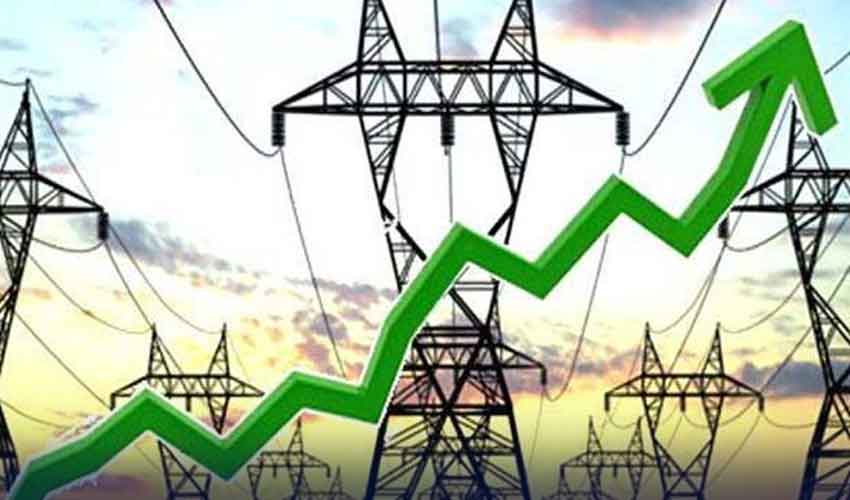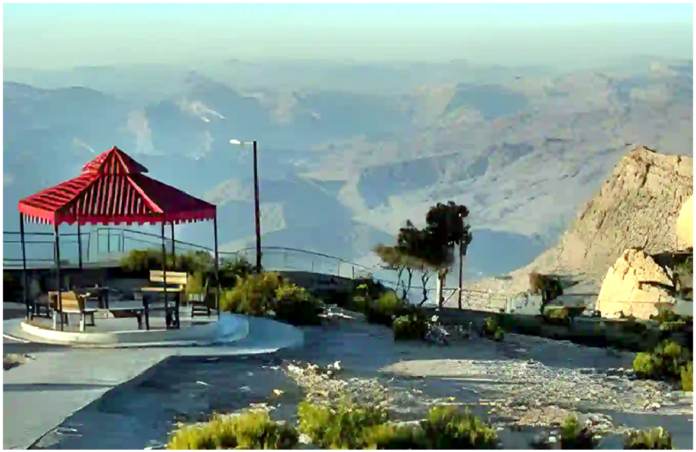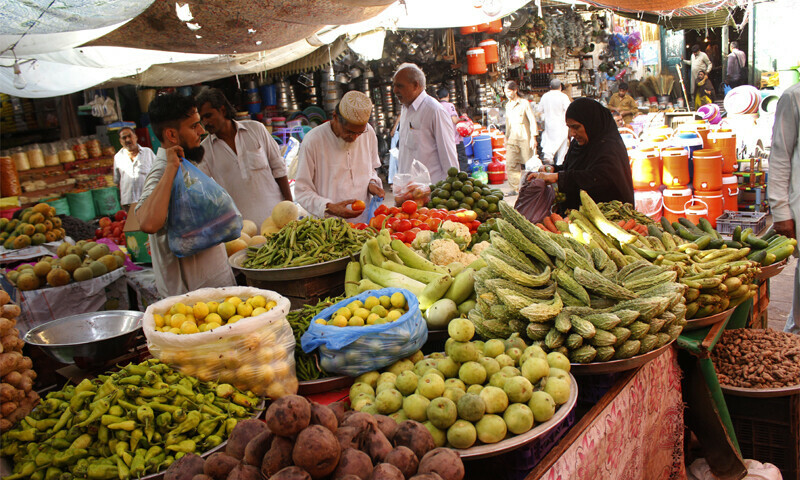TRADE & ECONOMY

As electricity prices continue to soar, an increasing number of consumers in Pakistan are turning to solar energy, leading to a surge in net metering applications that now surpass the country's total electricity generation capacity.
Recent figures revealed that over 47,000 net metering applications, totaling more than 58 megawatts, are currently pending with the Distribution Companies (DISCOs). This is a stark contrast to the country's total electricity generation capacity, which is capped at 46,000 megawatts.
According to a document released by the National Electric Power Regulatory Authority (NEPRA), the pending net metering applications amount to 58,822 megawatts, highlighting the growing demand for solar energy across the nation. Among the regions, the Islamabad region has the highest number of pending applications, with 1,363 requests for net metering amounting to 12,276 megawatts.
Other regions also reflect a significant number of pending applications, including 773 applications in K-Electric’s jurisdiction, totaling more than 10,000 MW. In Gujranwala, 117 applications of 6,282 MW are awaiting approval, while Lahore has 699 applications for 6,143 MW. Faisalabad is also seeing a surge, with 871 applications for a total of 12,399 MW pending.
This growing trend of solar adoption is mainly driven by the rising cost of electricity from the national grid. Consumers are seeking cost-effective and sustainable energy alternatives, with solar power being seen as an ideal solution. However, the approval process has become sluggish, with companies citing high net metering rates and other regulatory hurdles as reasons for the delays.
NEPRA has emphasized the need for a more inclusive approach to encourage ordinary consumers to install solar systems by revising the tariff structure to ensure balance and accessibility. Instead of focusing solely on large-scale projects, the regulator is advocating for the promotion of small-scale solar installations, ensuring the system is more beneficial for the average consumer.
As Pakistan continues to grapple with its energy challenges, the rise of solar energy represents a significant shift in the country’s energy landscape, offering both hope and hurdles for the future.




